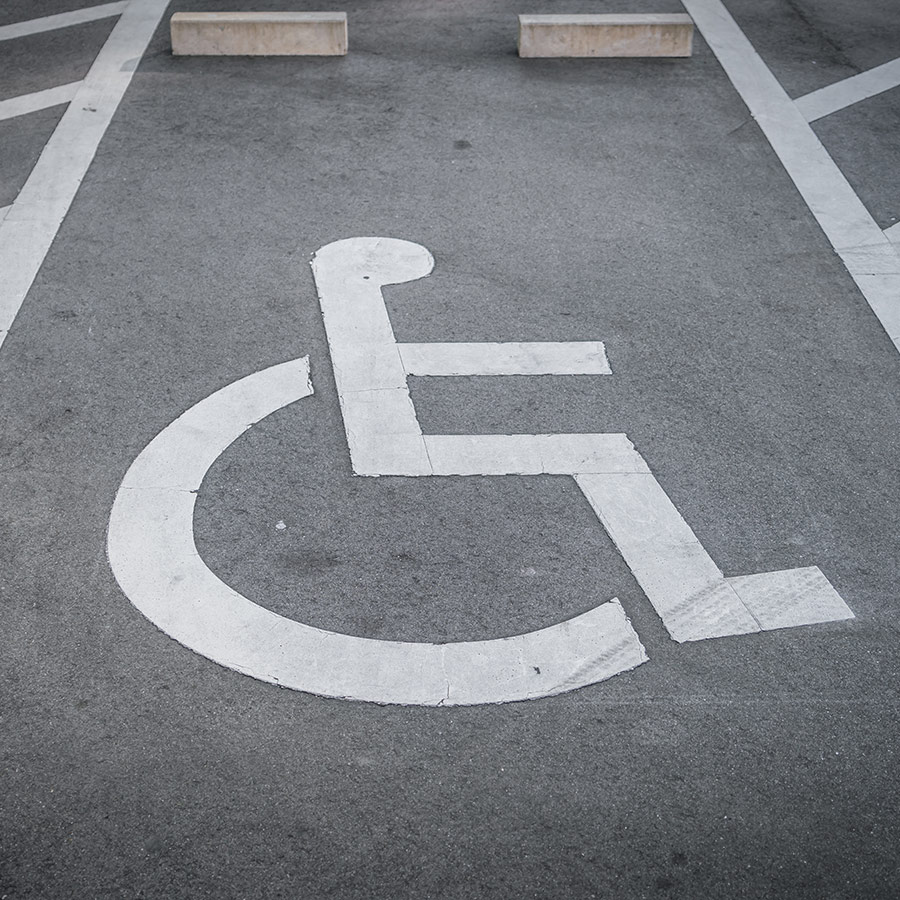Independent Living Philosophy

A Way of Life
Independent Living is a philosophy and a way of life. It is a movement of people with disabilities who work for self-determination, equal opportunities, and self-respect. The Independent Living philosophy says that every person, regardless of disability, has the potential and the right to exercise individual self-determination. We expect the same choices and control in our everyday lives that everyone else takes for granted. We want the same freedom to try, and fail, and learn from our failures. We want to grow up in our families, go to the neighborhood school, use the same bus as our neighbors, work in jobs that are in line with our education and abilities, start families of our own. We need to be in charge of our lives, to think and speak for ourselves. We need to support and learn from each other. We must organize ourselves and work for political changes that lead to the legal protection of our human and civil rights. (Adapted from Adolf Ratzka, http://www.independentliving.org)
The Independent Living (IL) philosophy is very different from the traditional rehabilitation model. The IL philosophy includes the core values discussed above. Its goals for individuals with disabilities are empowerment and self-determination. Its goals for communities are achieving equal access through reducing and removing barriers. The outcome we want is self-determination and full community participation for persons with all disabilities.
The traditional, medical model focuses on what is wrong with the person with a disability and making efforts to “fix what is broken.” In our philosophy, a person with a disability is someone identified as having one or more impairment(s) who has limited choices regarding participation in community life. These choices are limited because of community barriers, low community- and self-expectations, stigma, prejudice, and discrimination. Participation in community life includes getting an education, working, living independently, shopping, worshipping, using public transportation, and political activities. Societal barriers, not the disability itself, are the major reason many people with disabilities have problems living independently. Centers for Independent Living do not “rehabilitate” the person, but instead focus on reducing and removing the barriers that limit our choices.